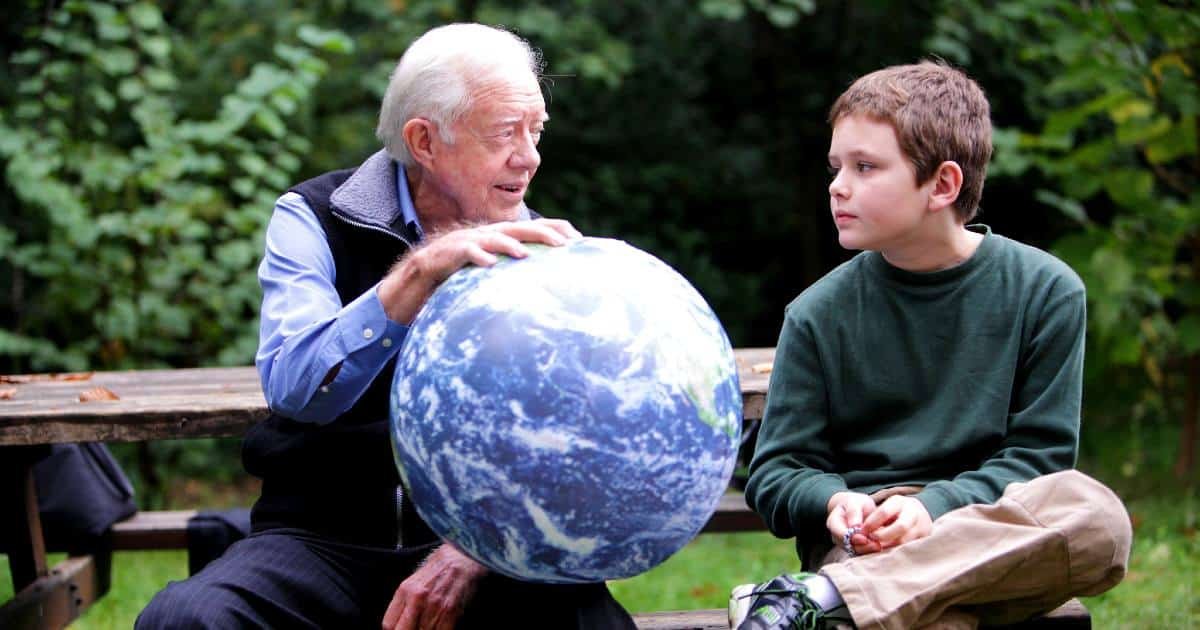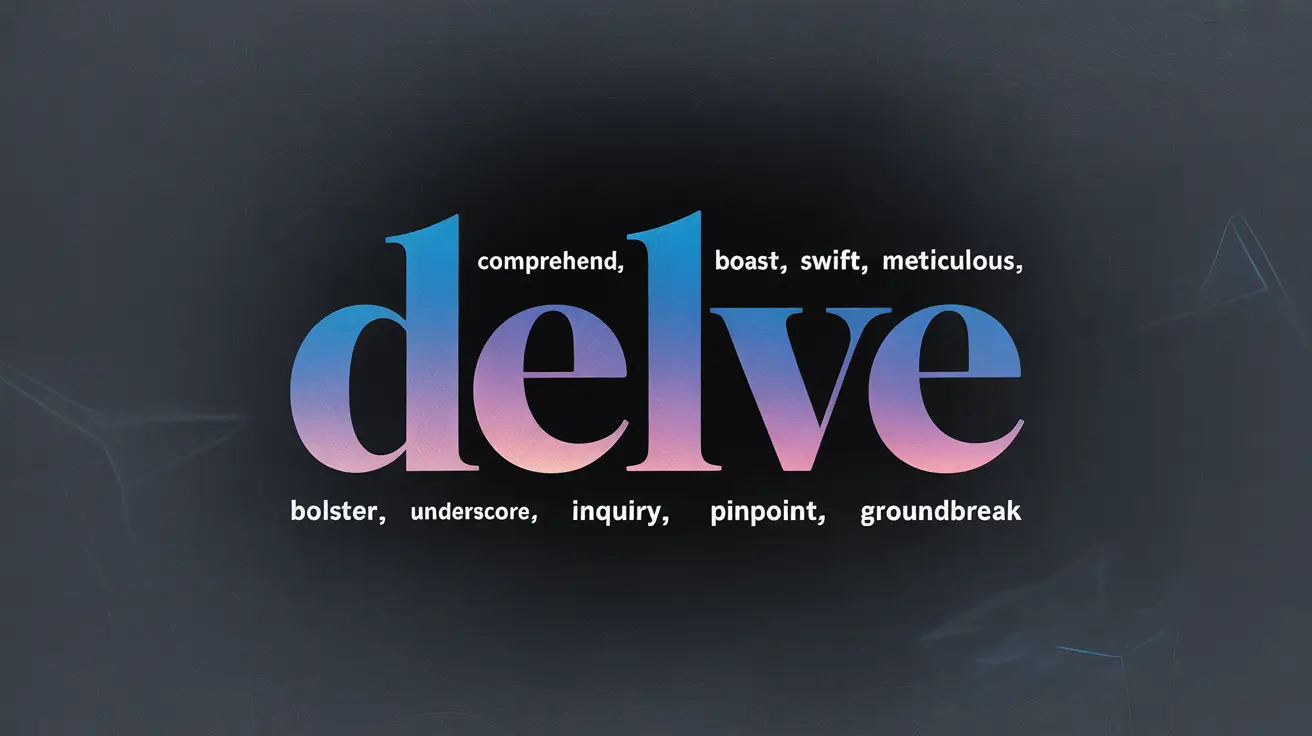How ChatGPT is sneaking its favorite words (like “delve” and “bolster”) into our everyday conversations
Researchers at the Max Planck Institute found ChatGPT’s preferred vocabulary, termed “GPT words,” influences everyday language, increasing usage in both academic and casual conversations.

New study questions whether first impressions matter as much as people think they do
November 20, 2020
Do first impressions matter? A new German-Canadian study says no, not really; it found no evidence for the so-called “primacy effect.”

This study of cats and dogs living together finds they get along just fine
November 19, 2020
A new study finds that cats and dogs living together can get along without much conflict, despite their (very) different temperaments.

Up to 50% of big game hunters in the Pleistocene era were women
November 4, 2020
A new study suggests that between 30 to 50 percent of big-game hunters in the Pleistocene and early Holocene eras in the Americas were women.

Can psilocybin cure depression? This new study finds that yes, mushrooms can help.
November 4, 2020
Can psilocybin cure depression? A new study finds that “magic mushrooms” greatly reduced depressive symptoms after as few as two doses.

For politicians on Instagram, personal photos get the most engagement
November 3, 2020
A new study finds that politicians on Instagram get the most engagement when their photos depict them in a personal setting.

New study finds that social ties and deaths in Game of Thrones mirror reality
November 2, 2020
Although important characters seem to be randomly killed off, the deaths in Game of Thrones are not unpredictable, a new study shows.

Unpunished crime: new study finds 18% of people would commit a crime if they could get away with it
October 29, 2020
No good deed goes unpunished, so what about bad deeds? A new study finds 18% of people would commit crime if there were no punishment.

Not wearing a mask? Your cough spreads up to 23 times further, a new study finds
October 20, 2020
A new study finds that not wearing a mask makes the size of your "cough cloud" between 7 and 23 times bigger than it otherwise would be.

